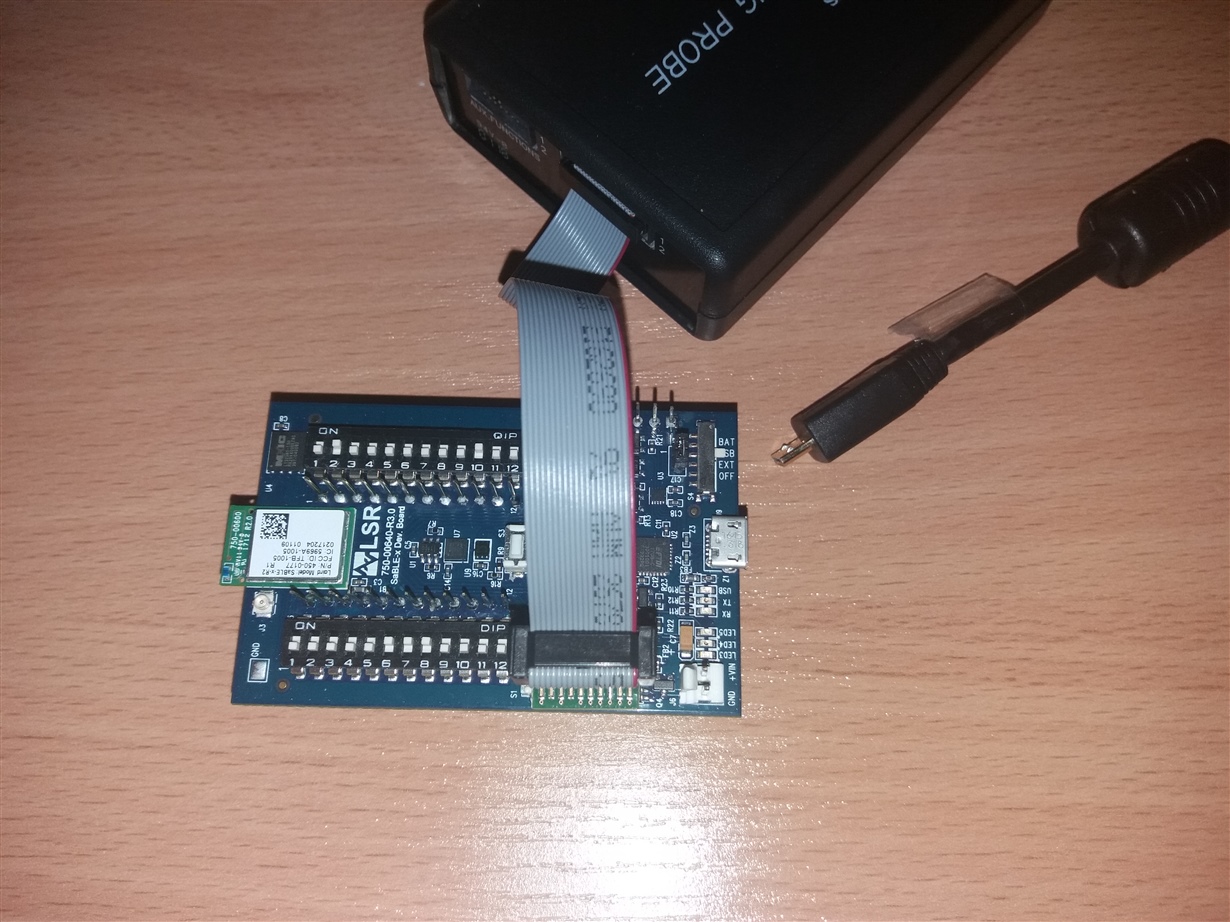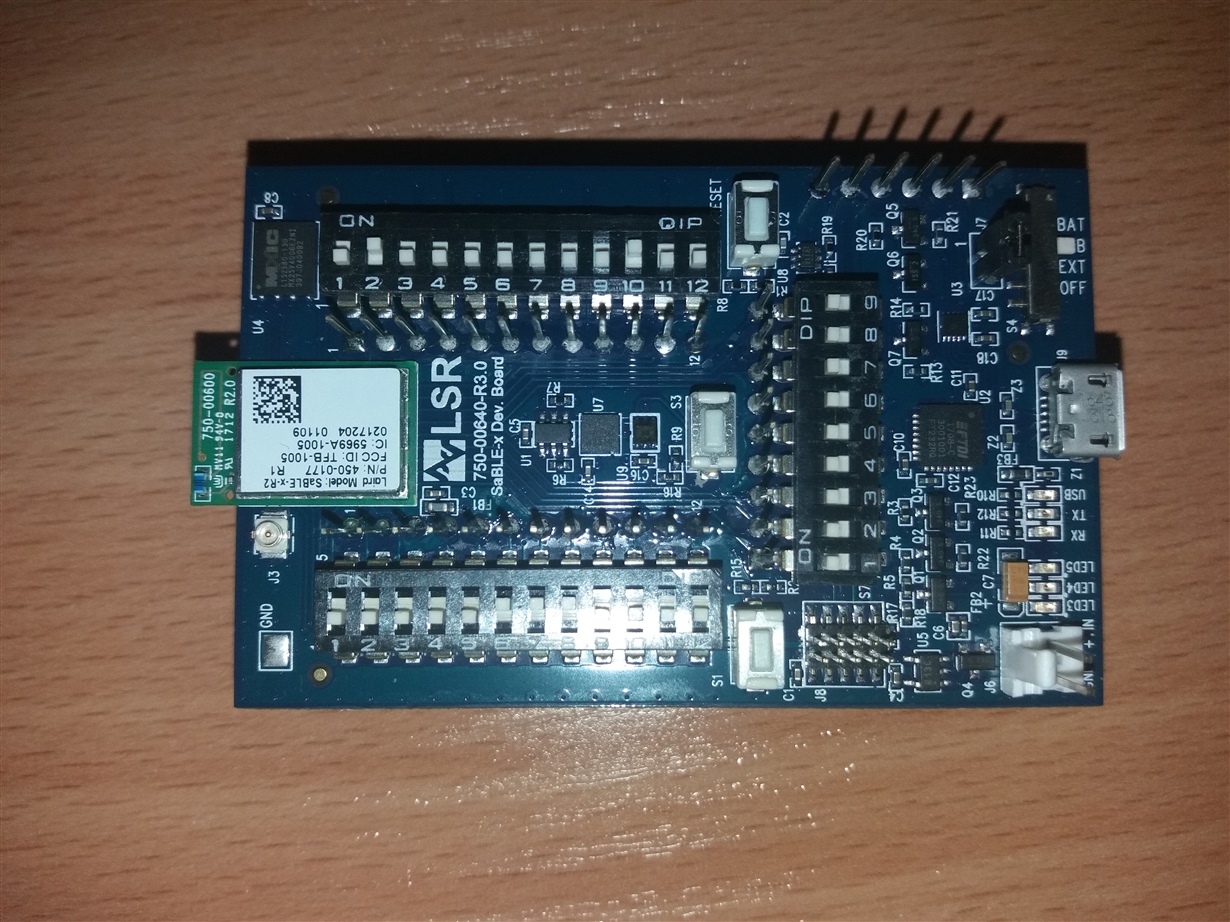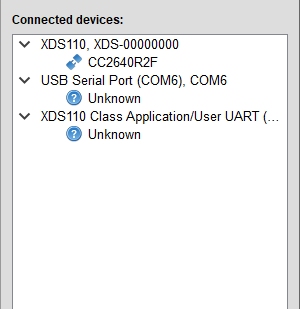Tool/software: TI C/C++ Compiler
Hello,
I am using the SaBLE-x-R2 development board i have encountered a problem. Namely, I would like to run the code using the step by stem mode in the Debugg view. I can't use the Terminal on Code Composer studio becouse my development board is a little specific. So I have to use the RealTerm serial monitor. The problem occurs when I am running the code in the debugg mode and try in the same time to connect the board on RealTerm. When a connection is established, I get two errors in the debugger:
Cortex_M3_0: Error: (Error -1170 @ 0x0) Unable to access the DAP. Reset the device, and retry the operation. If error persists, confirm configuration, power-cycle the board, and/or try more reliable JTAG settings (e.g. lower TCLK). (Emulation package 8.0.27.9)
Cortex_M3_0: Trouble Halting Target CPU: (Error -2064 @ 0x0) Unable to read device status. Reset the device, and retry the operation. If error persists, confirm configuration, power-cycle the board, and/or try more reliable JTAG settings (e.g. lower TCLK). (Emulation package 8.0.27.9)
With these errors I am being forcefully stepped out the debugg mode. What sould I do? How can I be in the debugg mode(I'm using the XDS110) and in the same time see my serial output from my board on a serial monitor? I need that to connect the board to another board via ble5.






